Mindfulness and Emotional Intelligence at Work
Recently we were hugely privileged to join the Search Inside Yourself (SIY) 2-day training programme, here in London.
SIY was born at Google in 2007, developed by a humble engineer, with passion for personal growth & development. The programme creatively blends the ancient meditative practice of mindfulness, with the contemporary field of emotional intelligence, and backed by neuroscience, it is intended to transform lives and create happiness.
What Exactly is Mindfulness Based Emotional Intelligence?
The SIY approach is to cultivate emotional intelligence, by using mindfulness to train a quality of attention. Through mindfulness we can generate a greater awareness of ourselves and others, and learn how to direct this attention to become more perceptive of emotions, and therefore handle these feelings and our relationships with greater skill and compassion.
What We Covered:
To try and sum up what we covered over those 16 hours, in the space of a few words is quite a challenge, but I’ll try my best to do it justice!
1. Self Awareness - by becoming more in tune with ourselves, we create the ability to know when our attention has wandered. We practised this through a simple meditation, with our breath as the focus of that intention. By encouraging the mind to focus solely on the inhale and exhale of the breath, we distract it from it’s usual patter of rambling thoughts (where our minds spend 47% of the time), which although essential for creativity, is not where we want to be all of the time.
2. Self Management - defined as 'the process of managing one’s internal states, impulses, and resources’. What self management definitely isn’t is avoiding, denying or suppressing thoughts or emotions. It’s about using Self Awareness to understand our triggers, so we can pause before reacting, and therefore move from compulsion to choice - Stop. Breathe. Notice. Reflect. Respond.
3. Motivation - we dug pretty deep in this section, understanding our alignment and core guiding values, and using these to envision our future self. Only by daring to dream about what we may wish our future lives to be like, do we give ourselves the chance to realise this - 'we learn from the past what to predict for the future and then live the future we expect’. We also explored resilience, our capacity to bounce back and get back on track.
4. Empathy - empathy is NOT about psychologising or simply agreeing with people. It’s about seeing similarities & offering kindness. By connecting with Self Awareness and Self Management, it gives us the ability to experience and understand what others feel, and therefore navigate difficult conversations more skilfully, and also simply connect with a greater sense of compassion.
5. Social Skills / Leadership - by bringing together all that we learnt, this enables us to lead with greater impact. When we are fully present, we are more effective and can make better decisions, which allows us to connect with others on a deeper level.
Key take aways
There was so much to reflect on, and so many ways in which to integrate the practices into my daily life, but these were some of the most impactful things for me:
Looping Back - so when in conversation with someone, instead of projecting my own views on to them, and quickly drawing conclusions about what they’ve just told me, use the technique of looping back to repeat and clarify what they mean. When we practised this, it was incredible how much room for misinterpreation there is, and how very often, we can draw the incorrect conclusions and miss the point of what someone is trying to tell us!
Mindful Listening - when in conversation, instead of trying to prep my next response to someone, or pre-empt what they may say next (which most of us do!), allow myself to listen entirely, and not say a word. This was pretty uncomfortable and difficult when we practised, as for many of us, it’s a natural instinct to want to relate to what the person is saying, interjecting with our own references of ‘me too’. By intentionally avoiding this though, and simply listening, it was amazing how much more I heard.
I Am Not My Emotions - something which I often forget, but when you experience an emotion, it is simply that, an experience. Emotions do not define who we are. We feel emotions, we are not them, so e.g I feel sad - not I am sad. This simple technique of reframing allows us to have increased acceptance for the feelings we feel, we don’t need to control or try and push the ‘negative’ feelings away, they are just part of the full range of human experience.
Stop. Breathe. Notice. Reflect. Respond - by pausing and breathing before responding to a situation or trigger, it allows you to physically feel some emotions as they rise in the body. This greater awareness gives you a head start, as you begin to associate certain physical sensations, with certain emotions, which provides the window of opportunity to choose how you’d like to respond rather than the emotion completely blind-siding you.
Impact Is Not Intention - we all walk around inside our own 'bell jar', our unique window on the world, made up of all of our experiences to date. This means that when looking solely through our own window, sometimes we can misinterpret the intention of what someone says to us - impact is not always intention. By being aware of this, it allows us to consider other people’s perspectives.
Mindfulness in the workplace
If you’d like to find out more about the benefits of mindfulness to your organisation, then please get in touch.

